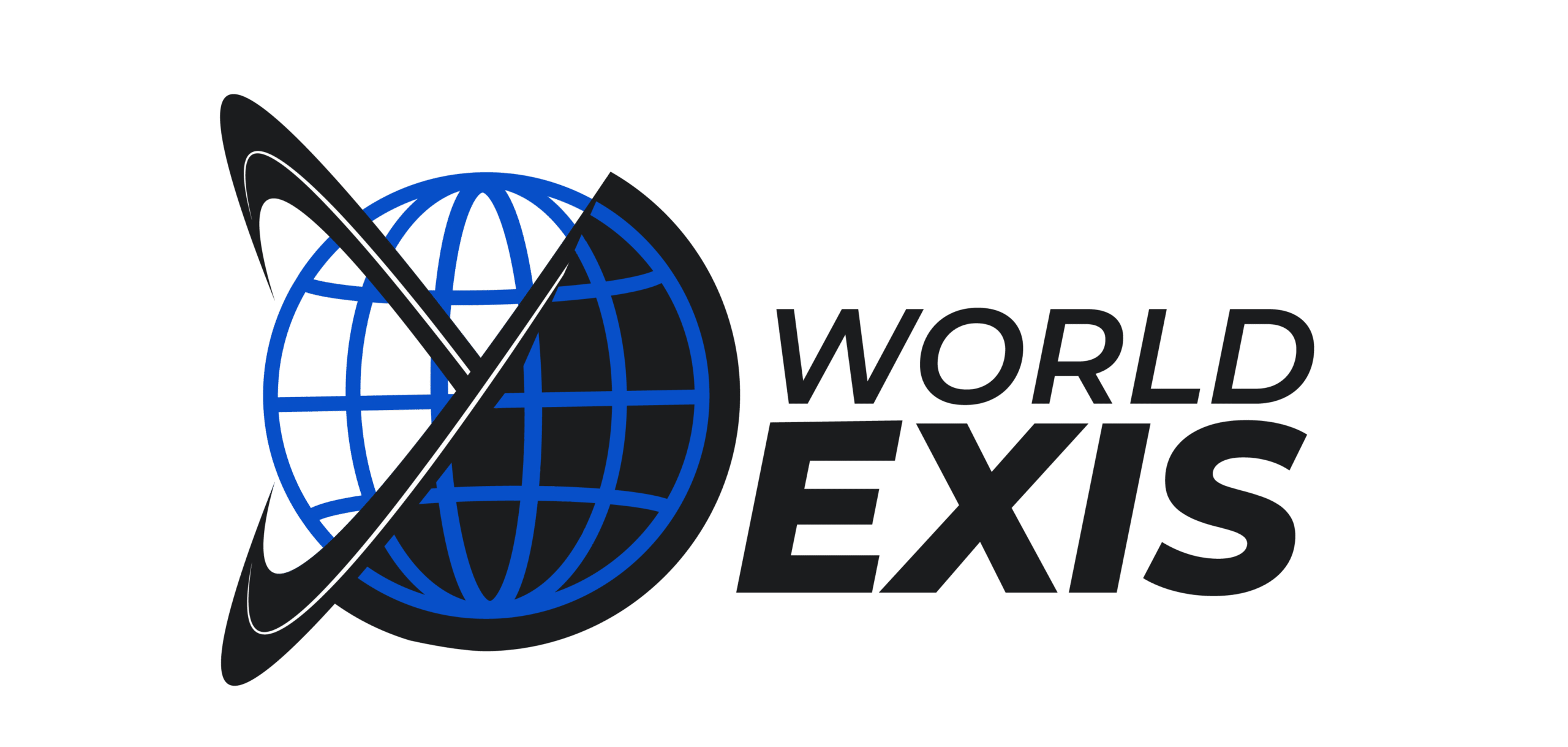1. A Widespread Democratic Backslide
Global democracy is in retreat. According to the latest IDEA report, 2023 marked the eighth straight year of democratic decline worldwide. With voter turnout falling from 65.2% in 2008 to 55.5% in 2023, nearly half of the countries showed declines in core democratic features such as fair elections and parliamentary oversight.
Freedom House echoes this trend, reporting 19 consecutive years of freedom decline. In 2024 alone, 60 nations experienced backsliding toward authoritarianism, and over 40% of elections were marred by violence or repression.
- 1. A Widespread Democratic Backslide
- 2. Fragile States and Urban Collapse
- 3. Conceptual Frameworks: Understanding Fragility
- The Political Trilemma of Globalization
- The Kindleberger Trap
- Patrimonialism & Institutional Weakness
- Money & Legitimacy
- 4. The Implications: Why Fragility Matters
- 5. Voices from the Ground
- Final Thoughts
2. Fragile States and Urban Collapse
Economic stagnation worsens fragility. A World Bank study on 39 conflict-affected countries shows they face yearly GDP drops of 1.8%, while other developing nations saw 2.9% growth. Over 420 million people live in extreme poverty amid strained public services and mounting violence.
On a city level, the Global Fragility Index 2025 ranked Gaza City as the most fragile urban area worldwide, with near-total collapse across governance, security, infrastructure, socioeconomic, and environmental domains. Similarly fragile are Port-au-Prince, Khartoum, Sana’a, and Mogadishu. ([turn0search6], [turn0search1])
3. Conceptual Frameworks: Understanding Fragility
The Political Trilemma of Globalization
Economist Dani Rodrik’s trilemma explains the inherent trade-offs in global governance: democracy, national sovereignty, and economic integration can only coexist pairwise—not all three. This tension plays out in rising populism and challenges to liberal globalism. ([turn0search38])
The Kindleberger Trap
This framework examines how transitions in global leadership can spark instability when emerging powers fail to supply public goods like security and economic coordination—echoing historical shifts and modern risks. ([turn0search41])
Patrimonialism & Institutional Weakness
Many fragile or authoritarian regimes rely on personal loyalty systems—patrimonial rule—where power is maintained via clientelism rather than transparent institutions or meritocracy, severely limiting state capacity. ([turn0search47])
Money & Legitimacy
A recent comparative study highlights how financial influence distorts legitimacy: in democracies, campaign financing undermines trust; in non-democracies, elite patronage may conceal instability. Reforms must enhance transparency and broaden political access. ([turn0academia45])
4. The Implications: Why Fragility Matters
| Trend | Implication |
|---|---|
| Democratic backsliding | Erosion of institutional trust and civic norms |
| Economic stagnation in fragile states | Rising poverty and social unrest |
| Urban collapse | Humanitarian crises and geopolitical flashpoints |
| Trilemma tensions | Political fragmentation amid globalization pressures |
| Patrimonial governance | Weak governance and limited reform potential |
| Financial legitimacy erosion | Widening inequality and legitimacy deficits in both democracies and autocracies |
5. Voices from the Ground
“Democracy is not a luxury for Serbia… stability without democracy is an illusion.”
— A warning against sacrificial autocracy in favor of deceptive stability.
Final Thoughts
The fragile equilibrium of global political systems comes under constant pressure from democratic erosion, economic decay, and institutional tenuousness. Understanding the conceptual frameworks—like Rodrik’s trilemma or the Kindleberger Trap—and real-world data helps make sense of these dynamics.







